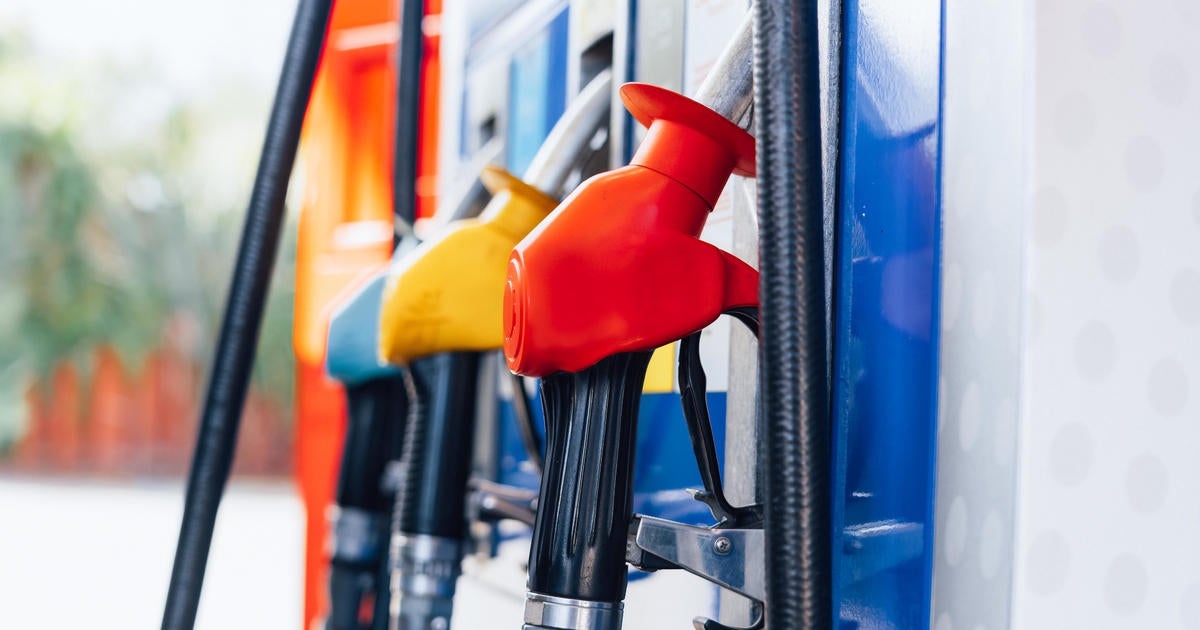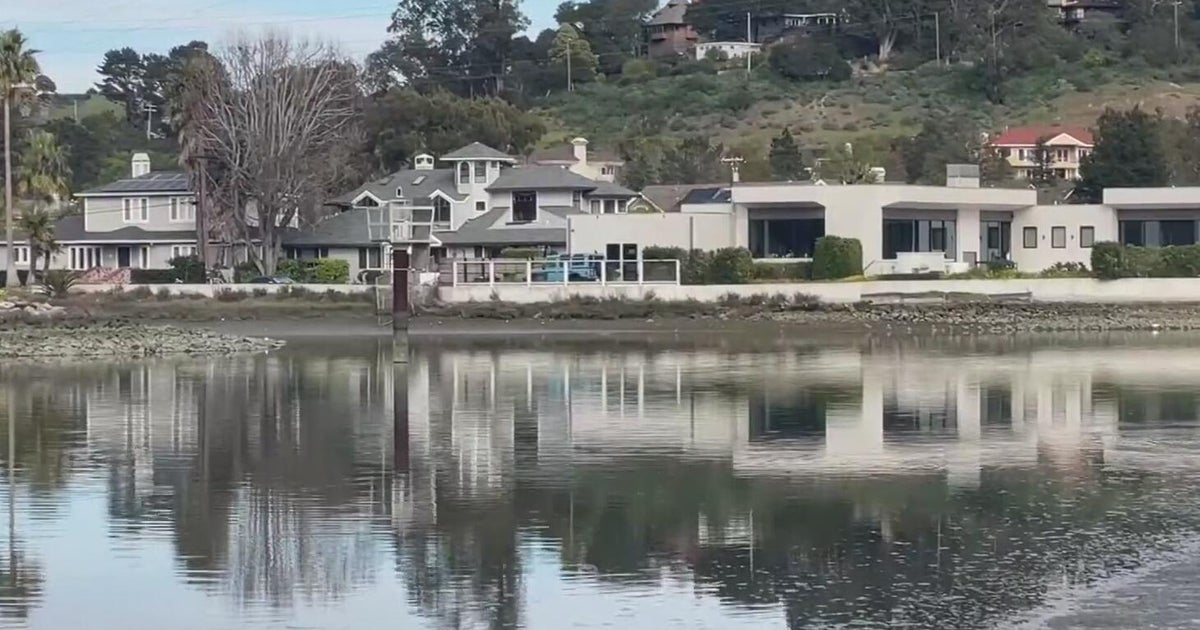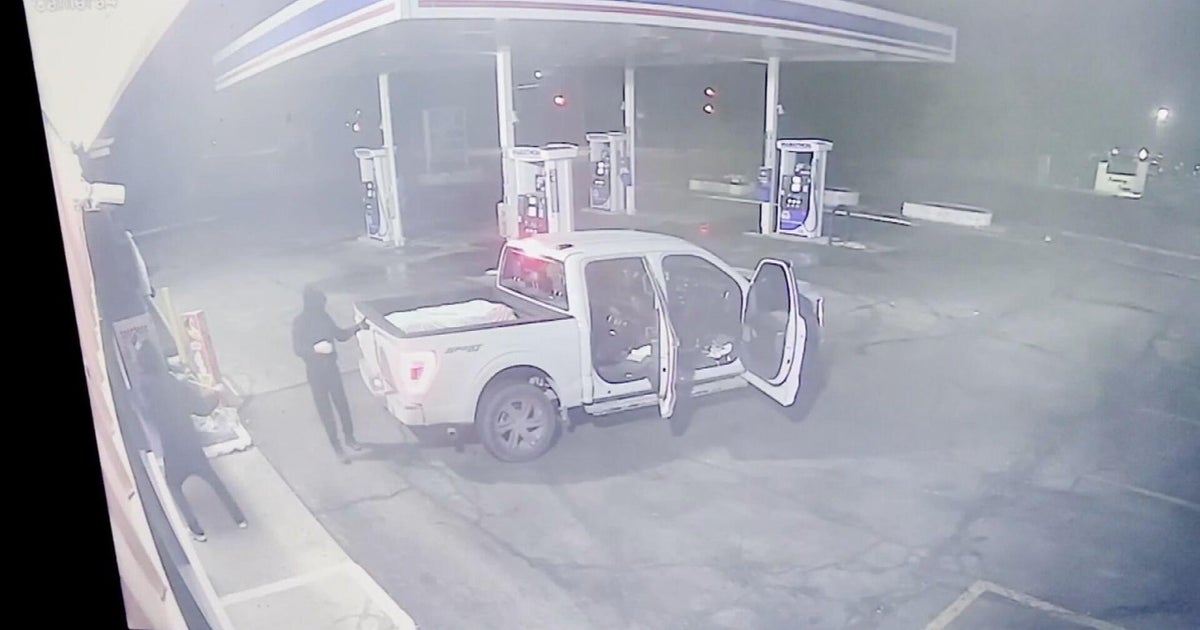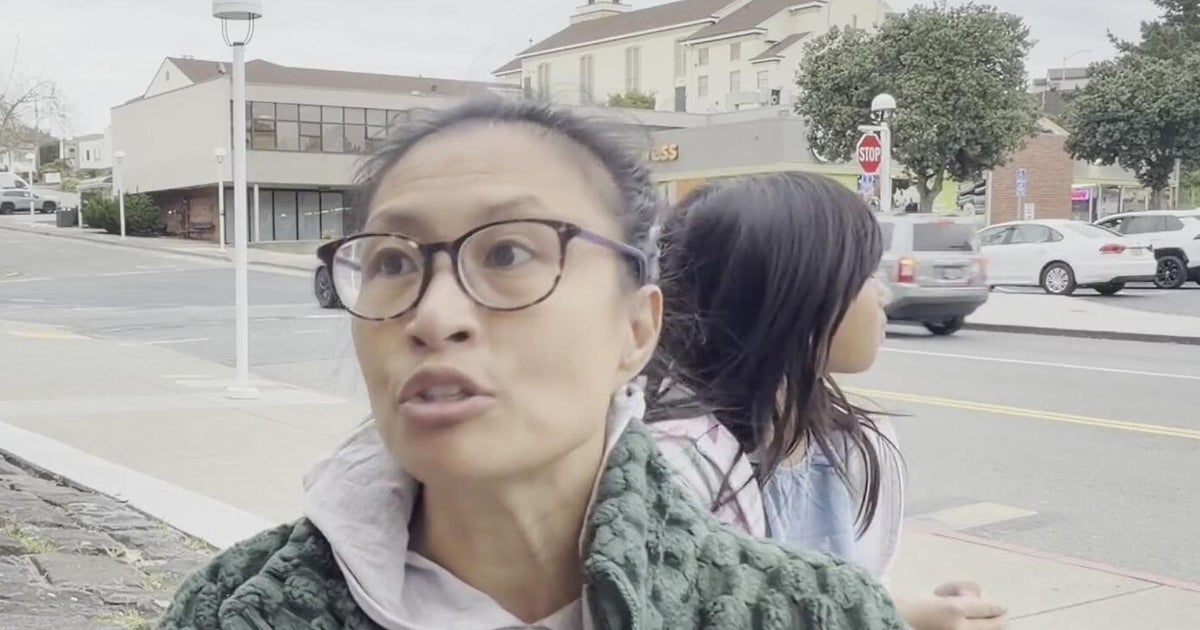KCBS In Depth: Evaluating Options For Bringing Down Gas Prices
SAN FRANCISCO (KCBS) - Frustrated drivers who have been paying significantly more at the pump lately have been asking the obvious: when is relief coming? When are gas prices coming down?
Soon, predicts Severin Borenstein, co-director of The Energy Institute at Haas, a joint venture of the Haas School of Business and the UC Energy Institute that brings together research and curricular programs on energy business, policy and technology commercialization.
"These spikes occur very rarely and they don't last that long," he pointed out. "But when they do occur it's not because we have a massive shortage of gasoline but because we're just a couple percent(age points) short."
"That's all it takes to drive prices through the roof," he added.
And, because gas prices do go through the roof from time to time, it's important to consider ways we can bring them back down.
KCBS In Depth
To temper the next price spike, for instance, Borenstein advocates for small allowances of less clean gas than Californian normally runs on.
"My proposal is that we do that, but we charge a fee to anyone selling that non-California gasoline in the state."
Levying a fee on "dirtier" gas, he reasoned, could be used to offset a temporary spike in pollution.
"By buying back more of these old cars that are on the road, that are massive polluters," he suggested. "A 1972 car is producing 100 times more pollution than a new car off the lot."
He is also interested in exploring the possibility of "clean coal."
"There could be such a thing," he said hopefully. "There really isn't yet."
Borenstein theorized that our best shot at achieving "clean coal" is through the sequestration of the dirty byproduct carbon dioxide as it comes out of the power plant into underground caverns.
"This is a potential game changer, if it works. In reality, we don't know if it will work. We don't know how well it works, how well it keeps the gas underground."
Optimistic, yet cautious - he is concerned about CO2 and greenhouse gases.
"Whether it's solar or wind or using more advanced forms of nuclear power or capturing CO2 from coal fire power plants, I think we need to be pursuing all of these in an attempt to find sources of energy that will let us continue our lifestyle without heating up the planet so much that it threatens everybody's well being."
(Copyright 2012 by CBS San Francisco. All Rights Reserved. This material may not be published, broadcast, rewritten, or redistributed.)







